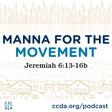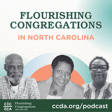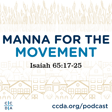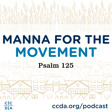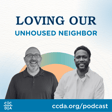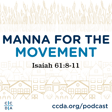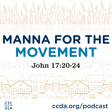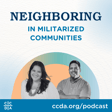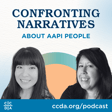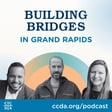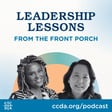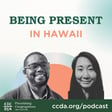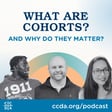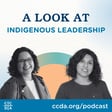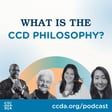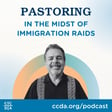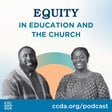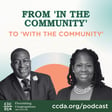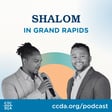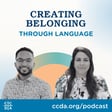
A Look at the Immigration Landscape
Christina Foor is joined by Dr. Alexia Salvatierra and Angelica Acosta Garnett, long-time friends and practitioners of CCDA, especially in the Immigration space. They take a look at the current immigration landscape and discuss what our call is as CCD practitioners.
Learn more about CCDA’s Immigration Network, including their Lent series, Love Knows No Borders, at ccda.org/immigration.
Rev. Dr. Alexia Salvatierra is the Academic Dean of the Centro Latino at Fuller Theological Seminary as well as the Assistant Professor of Integral Mission and Global Transformation. She is available for speaking, training, and workshops in the areas of immigration, faith-rooted organizing, cross-cultural ministry, and building vital holistic Christian community.
Learn more about Dr. Salvatierra on her website alexiasalvatierra.com
Angelica ‘Lica’ Acosta Garnett was born and raised in Bogota, Colombia. She immigrated to the United States when she was 17 years old and has firsthand experience of what it is like to be an immigrant in this country.
Lica holds a graduate degree in social studies education and has worked as a US government teacher, Communities in Schools site coordinator, and an immigration law paralegal. She currently works as an interpreter/translator.
Learn more about Lica and her work at abara.org/angelica
Connect with CCDA on Instagram, Twitter, Facebook, and LinkedIn. Follow CCDA on YouTube.
